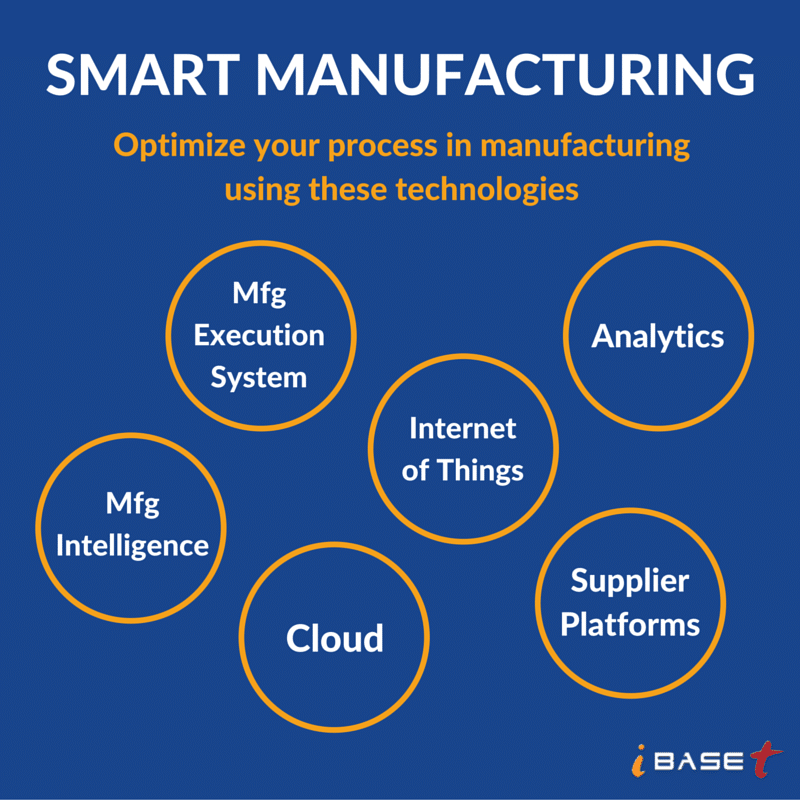 A number of terms have emerged to describe the current manufacturing transformation: smart manufacturing, Industry 4.0, the Industrial Internet of Things (IIoT), and the Model-Based enterprise are most prominent among them. Regardless of which term is used, the concept garnering all the attention is nothing less than the transformation of manufacturing as we know it. It will change the factory from a cost center to an innovation and profit center. For the purpose of this post, we’ll speak of smart manufacturing, which is the term most prevalent in the United States when discussing the future of manufacturing.
A number of terms have emerged to describe the current manufacturing transformation: smart manufacturing, Industry 4.0, the Industrial Internet of Things (IIoT), and the Model-Based enterprise are most prominent among them. Regardless of which term is used, the concept garnering all the attention is nothing less than the transformation of manufacturing as we know it. It will change the factory from a cost center to an innovation and profit center. For the purpose of this post, we’ll speak of smart manufacturing, which is the term most prevalent in the United States when discussing the future of manufacturing.
The MESA Smart Manufacturing Working Group was tasked with developing a one-sentence definition of smart manufacturing:
“Smart manufacturing is the intelligent, real-time orchestration and optimization of business, physical, and digital processes within factories and across the entire value chain.”
A recent post on the MESA blog by Luigi De Bernardini, member of MESA’s Marketing Committee and Smart Manufacturing Working Group, addresses a misperception that sometimes occurs when smart manufacturing is discussed: smart manufacturing has done away with the need for MES to support the coordination of operations processes.
“That is simply not the case,” says De Bernardini. According to its definition, he argues, smart manufacturing’s focus “is about the availability of information allowing timely and correct decisions to optimize competitiveness. The scope of influence of the definition obviously goes beyond the simple production operations, and is interested instead in the company as a whole through the integration of strategic, commercial, organizational design, production, and distribution processes.”
Therefore, the creation of a homogenous, harmonious, and totally interconnected entity is the principal challenge of smart manufacturing. According to smartmanufacturing.org, this involves three phases:
- Plant and enterprise-wide integration
- Plant-wide optimization to manufacturing intelligence
- Product value chain knowledge capable of disrupting markets
According to Automation World, “Smart manufacturing is coming to both large and small manufacturers. It is not a replacement for MES/MOM systems, but rather the natural extension to optimize the processes used within manufacturing.” This extension is to what De Bernardini calls the fundamental base for every smart production solution that MES/MOM systems constitute. Because of its integrated functionality across production, MES is one of the tools necessary to realize the smart manufacturing definition. “Smart manufacturing is not an alternative to the MES for that reason, but also because MES is a technological system while smart manufacturing is an approach to production,” he concludes.
“Smart manufacturing leans on MES as well as other technologies such as the Internet of Things (IoT), the cloud, analytics, mobile devices, and customer supplier platforms to create an environment in which a company can be competitive, and is able to respond effectively.”
As such, MES is not a casualty of the advent and development of smart manufacturing, but rather one of its most essential enablers, a stepping stone on the path that all manufacturers must go down to succeed in today’s marketplace.

